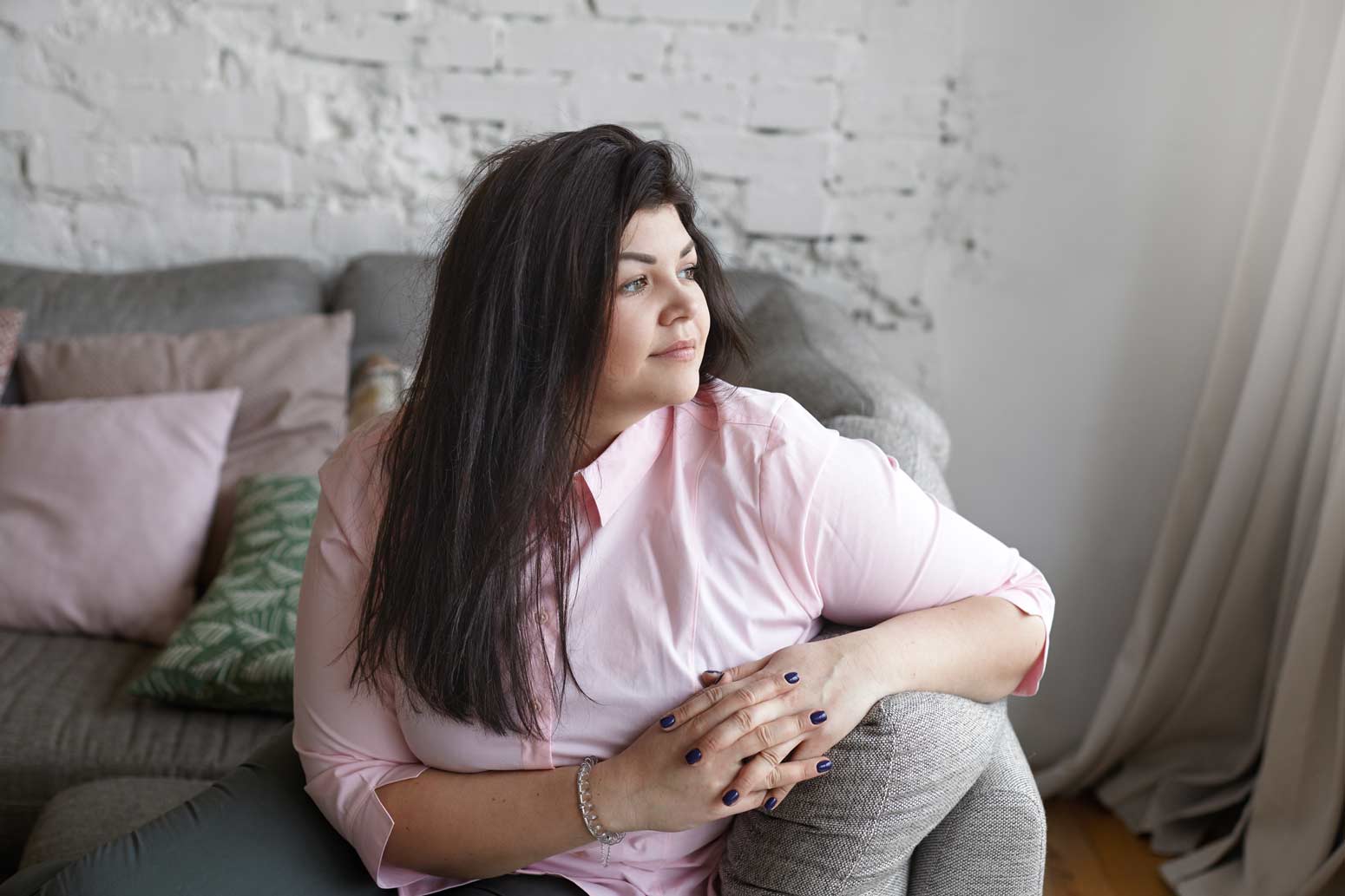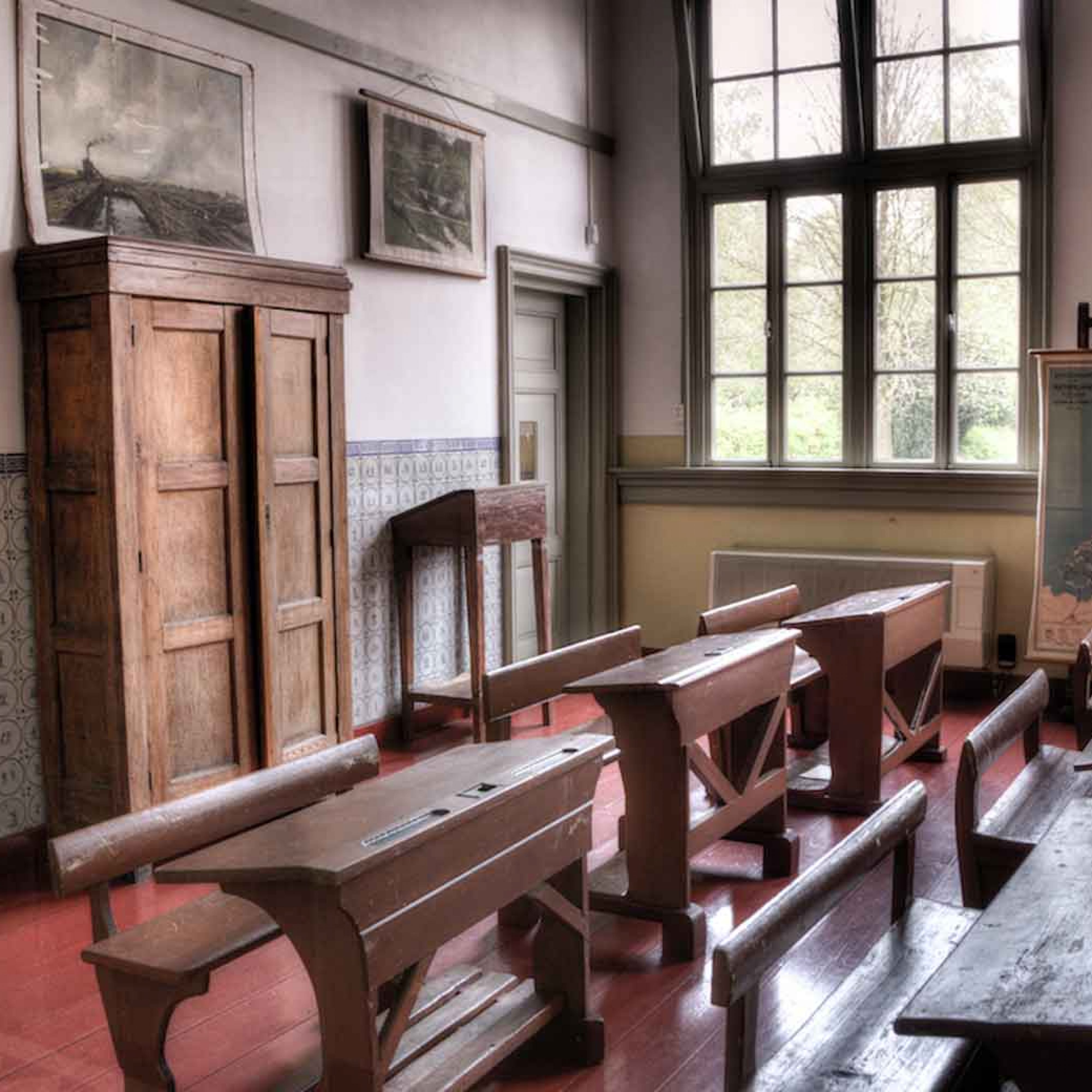Mary McLeod Bethune was born in Mayesville, South Carolina two years before the end of the Reconstruction (the time after the Civil War that slaves were adjusting to their new lives) to parents who had been slaves.1 Even though Mary and her family were free, they still lived in poverty.
When she was nine years old, Mary tagged along with her mother to take a basket of freshly washed and ironed clothes to her former master’s house. They had to go around the home to the entrance in the rear, the one through which the blacks could enter. In 1884 in Mayesville, South Carolina, there was absolute segregation between the races. Her mother went inside to take the family their clothes and receive the few cents paid for such a job.
Waiting outside, Mary was captivated by a children’s playhouse she saw and peeked inside. Two white girls about her age sat inside on scaled-down furniture. They were playing with their dolls.
“Hello, Mary! Do you want to come in?” one of them called out. Of course she did. Mary was just a little girl, and she wasn’t admitted to such circles every day. A passion was ignited in Mary that day. Seeing past her circumstances and limitations, she made a decision that changed her life and the lives of many after her.
You see, Mary was the fifteenth child of seventeen children.2 She was the first child born free to a family of former slaves. Her family only knew hard work, cotton fields, and difficult times. They were free and had five acres of land to work, but nothing more.
Mary wanted more, and this day made her determine how to go about it. She recounted the event in this manner:
I picked up one of the books… And one of the girls said to me—“You can’t read that—put that down. I will show you some pictures over here,” and when she said to me, “You can’t read that—put that down,” it just did something to my pride and to my heart that made me feel that someday I would read just as she was reading.3
Seeing past her circumstances and limitations, she made a decision that changed her life and the lives of many after her.
 Mary McLeod Bethune discovered the world of education through that one act. She realized the plight of her race was limited by the lack of education, and she begged her parents for that opportunity. It came when the Mission Board of the Presbyterian Church sent one, young black woman, Emma Wilson, in city clothes to educate the black children of South Carolina.4 Mary’s family could only afford to send one child, and Mary was selected.5 She graduated from that school at age twelve, wanting more education, but not having any way to achieve it. She prayed for a miracle.
Mary McLeod Bethune discovered the world of education through that one act. She realized the plight of her race was limited by the lack of education, and she begged her parents for that opportunity. It came when the Mission Board of the Presbyterian Church sent one, young black woman, Emma Wilson, in city clothes to educate the black children of South Carolina.4 Mary’s family could only afford to send one child, and Mary was selected.5 She graduated from that school at age twelve, wanting more education, but not having any way to achieve it. She prayed for a miracle.
A few years later, Mary was awarded a scholarship that had been given by a dressmaker in Colorado named Mary Chrisman. Due to that scholarship, Bethune was able to attend Scotia Seminary in North Carolina. After attending Scotia Seminary, she received a scholarship to the Moody Bible Institute in Chicago,6 where she continued to be a high achiever. Mary was the only African-American student there, and that year one of only a few non-whites.
But Mary didn’t stop with her own education. After graduating from Moody Bible Institute, she moved to Florida, rented a two-story house, “and began the difficult task of establishing a school for African American girls” in 1904.7 The school later became Bethune-Cookman University.8 The beginnings were meager. Mary had only $1.50 to her name, five students, and shipping crates for desks.9 But she had a determined heart.
Bethune maintained high standards and promoted the school with tourists and donors, to demonstrate what educated African Americans could do. She was president of the college from 1923 to 1942, and 1946 to 1947. She was one of the few women in the world to serve as a college president at that time. “Because of her prominence, she served as an advisor to presidents Franklin D. Roosevelt and Harry S. Truman.”10
But she had a determined heart.
Mary created opportunity through education for many that would not have received it anywhere else. She had immense faith in God, and believed that nothing was impossible.
Education was her tunnel to success, yet two axioms of Mary’s philosophy—“not for myself, but for others” and “I feel that as I give I get,” spoke of the very nature of this strong lady. Her grit and determination did not end with acquiring the education she desired, but it translated into so much more: the birth of education for the next generation as well.
“In 1973, she was inducted into the National Women’s Hall of Fame and continues to inspire many to this day.”11
—
You will also like Teachers, We’re Praying for You, Three Cords Haiti: Life Transformation For At-Risk Women, Do High School Girls Want to Be Sophisticated Ladies?, Let Them Teach, and Maintaining Your Sanity Throughout the School Year
#gritandgracelife













